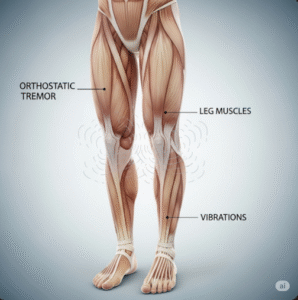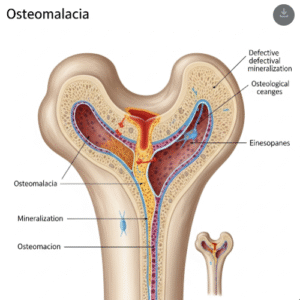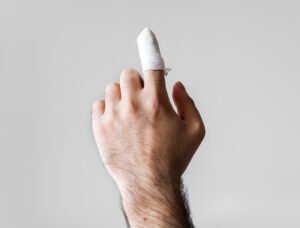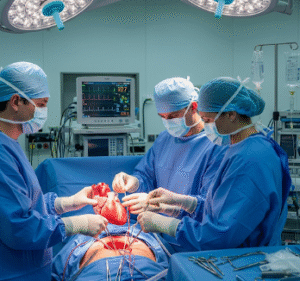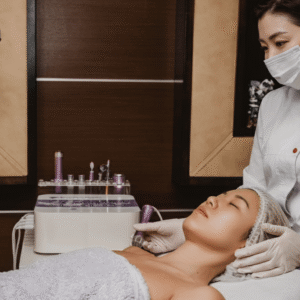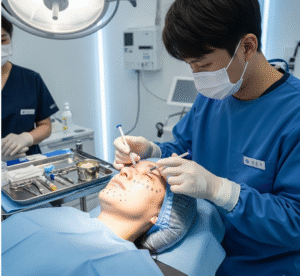Overview
Dengue fever is a mosquito-borne viral infection caused by the dengue virus. While Korea is not a primary endemic region, imported cases occur among travelers returning from tropical and subtropical countries. Hospitals like Seoul National University Hospital, Asan Medical Center, and Samsung Medical Center are equipped to diagnose and manage dengue fever promptly to prevent complications.
What is Dengue Fever?
Dengue fever is caused by the Aedes mosquito transmitting the dengue virus. It can result in high fever, severe headache, joint and muscle pain, and rash. Severe forms, known as dengue hemorrhagic fever or dengue shock syndrome, can be life-threatening without proper management.
Symptoms
- High fever (often sudden onset)
- Severe headache
- Pain behind the eyes
- Joint and muscle pain (breakbone fever)
- Nausea and vomiting
- Skin rash, which may appear 2–5 days after fever
- Mild bleeding (nosebleeds, gum bleeding)
- Fatigue and weakness
Causes
- Bite from an infected Aedes aegypti or Aedes albopictus mosquito
- Transmission through blood transfusion or organ transplant is rare
- Secondary infection with a different dengue serotype increases severity risk
Risk Factors
- Travel to dengue-endemic regions (Southeast Asia, South America)
- Living in or visiting areas with mosquito breeding grounds
- Previous dengue infection (increases risk of severe dengue)
- Lack of mosquito protection (repellents, nets, clothing)
Complications
- Dengue hemorrhagic fever, causing bleeding and low platelet counts
- Dengue shock syndrome, which can lead to organ failure
- Severe dehydration and electrolyte imbalances
- Prolonged fatigue and weakness
- Rare neurological complications
Prevention
- Use mosquito repellents containing DEET or picaridin
- Wear long-sleeved clothing and pants, especially during dawn and dusk
- Stay in screened or air-conditioned rooms
- Eliminate mosquito breeding sites (stagnant water in containers)
- Travelers may receive guidance on dengue vaccination if recommended
Treatment Options in Korea
Treatment is primarily supportive care, as there is no specific antiviral therapy for dengue.
- Diagnosis
- Blood tests for dengue virus detection (PCR or NS1 antigen test)
- Complete blood count to monitor platelets and hematocrit
- Liver function tests and other biochemical tests as needed
- Travel history assessment to determine exposure risk
- Medical Treatments
- Hydration therapy (oral or intravenous fluids)
- Fever management with acetaminophen (avoid NSAIDs like ibuprofen due to bleeding risk)
- Close monitoring of platelet count and vital signs
- Hospitalization for severe dengue cases to prevent complications
- Supportive Care
- Bed rest and monitoring of fluid intake/output
- Symptomatic relief for pain, nausea, and vomiting
- Avoidance of medications that increase bleeding risk
- Education on warning signs for severe dengue
- Specialized Hospitals in Korea
- Seoul National University Hospital – Infectious disease and tropical medicine units
- Asan Medical Center – Emergency care and supportive management
- Samsung Medical Center – Comprehensive care for severe dengue cases
- Local hospitals equipped to manage imported infectious diseases
- Long-Term Follow-Up
- Monitoring for recovery and persistent fatigue
- Blood tests to ensure platelet and liver function normalization
- Counseling for travel precautions to prevent re-infection
- Education on dengue awareness for family and community


